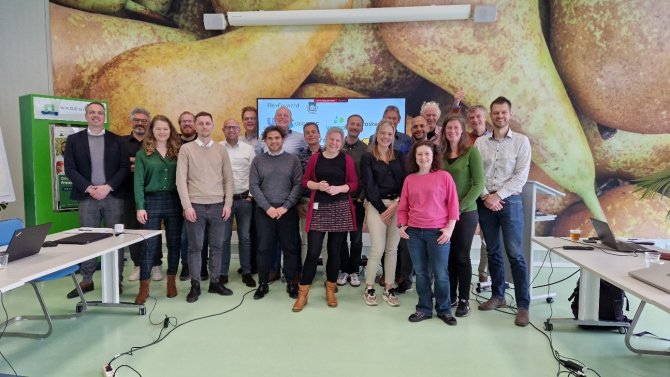
News
New research launched on recycled food packaging film
Wageningen University & Research wants to investigate the safety of recycled PE and PP film for use in food contact applications. Therefore together with 11 industrial partners they recently have started the 4 year project ‘Flex Forward’.
Plastic packaging has many advantages: it promotes food safety and shelf life and is low-cost and lightweight. Newly proposed legislation will encourage or even force companies to use recycled content in their plastic packages, greatly changing how the fast-moving consumer good and plastic recycling industries operate.
Suitability, safety and performance of the recycled materials
In the Flex Forward project, the safety of recycled flexible PE and PP for use in food contact sensitive materials, like a cheese packaging, will be evaluated. The data generated in the project will allow the industrial parties to evaluate the suitability, safety and performance of the recycled materials. Expertise on plastic performance evaluation will be combined with the state-of-the-art infrastructure for analysis and identification of (un)known food contaminants.
In the project researchers will look into a specific method of removing contaminants which is dissolution (solvent-based recycling). Short-loop recycling technologies like dissolution are considered climate-positive and have a high plastic-to-plastic yield. This recycling concept also allows to remove contaminants such as additives.
Flexibles
Flexibles represent a significant volume, about 30% of the total plastic food packaging. “Most of the recycled flexible PE and PP currently ends in blended polymers suitable for low-value applications only, so a higher quality would be very welcome”, Project Leader Ingeborg Smeding at WUR explains. “Within the Flex Forward consortium we will focus on achieving this in the coming four years.”
